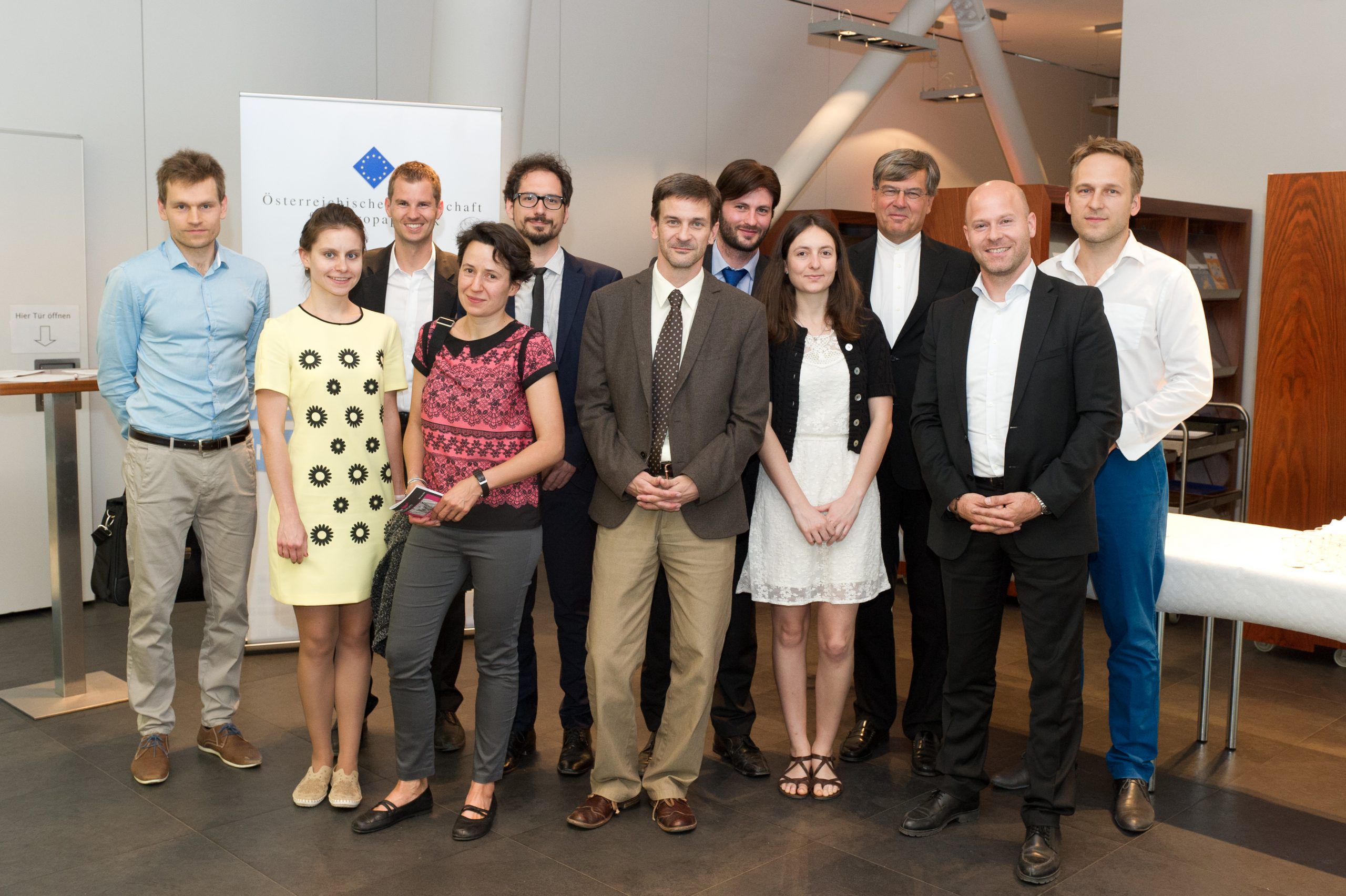The uncoordinated approaches of the respective governments in Central Europe in dealing with the increased arrivals of refugees during summer and autumn 2015 has put the region into the spotlight of media attention. With the closure of the Balkan route in March 2016 and the implementation of the EU-Turkey action plan the numbers of arrivals have decreased. However, those expecting these steps to be the solution of the refugee and migration question will be severely disillusioned.
Five independent institutes from Austria, the Czech Republic, Hungary, Slovakia and Slovenia have therefore come up with a series of recommendations to improve cross-border understanding and cooperation. A particular focus has thereby been laid on civil society players, which provided help to refugees in all five countries from the onset of the crisis, but find it difficult to get their narrative heard.
The recommendations cover seven areas:
- Civil society cooperation across borders needs to be improved via the exchange of experiences and development of communication strategies that add value to NGO efforts in each country.
- A counter-narrative has to be told offering a broader – and not only security based – perspective of the refugee and migration challenges and explaining the complexities of the issue.
- Civil society needs to step up efforts to proactively interact with governments, local authorities and national administrations demonstrating its will to cooperate.
- Migration literacy will be key. Media representatives should be encouraged to provide a more balanced view of developments. Joint workshops, conferences and exchanges could be of help.
- While the number of new arrivals has decreased, the integration of refugees that have already arrived requires stronger efforts. Civil society should continue to stress that integration efforts pay off.
- Civil society organizations should make better use of European institutions and funds. European institutions for their part need to step up efforts to support (cross-border) civil society actions.
- Individual governmental (in)action and a lack of cooperation led to the view of a single, unsupportive Central European block, which is spilling over to other areas of European politics. It is essential to take into account the differences of Central European countries, explaining the backgrounds and countering stigmatization.
Project Partners: Austrian Society for European Politics, Center for European Neighborhood Studies at the Central European University Budapest, EUROPEUM Prague, Faculty of Social Sciences at the University of Ljubljana, GLOBSEC Policy Institute Bratislava.
Supported by the Future Fund of the Republic of Austria






